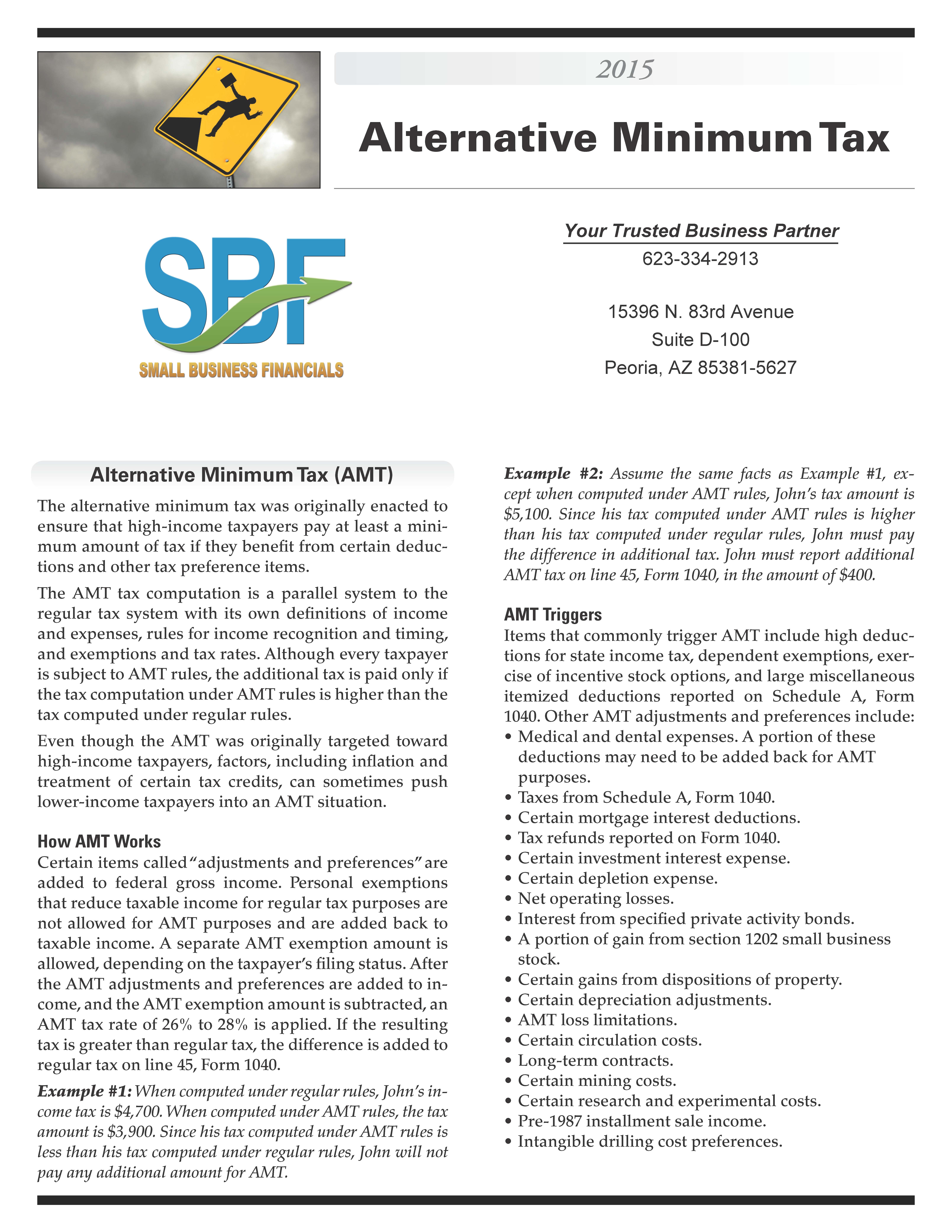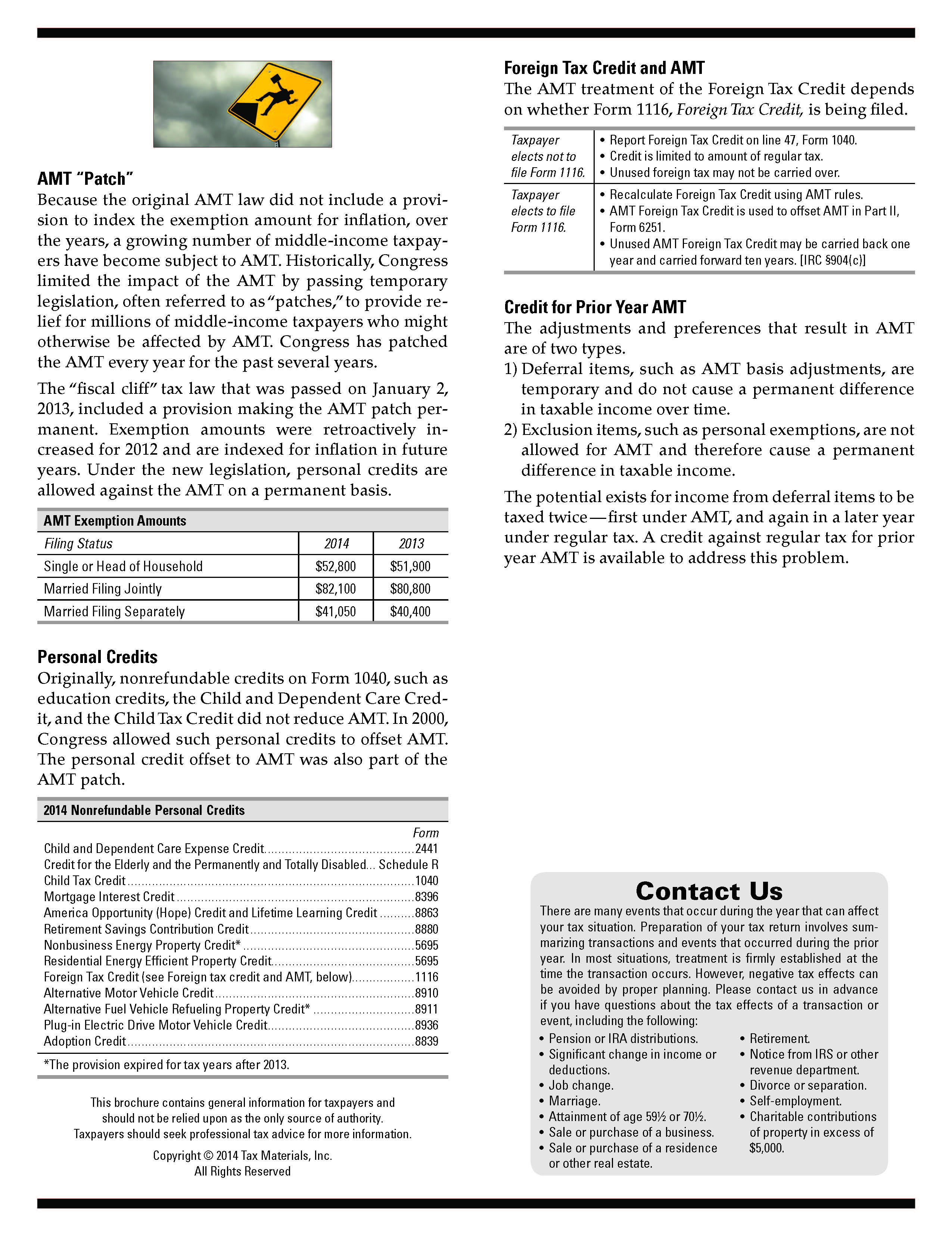We want our Blog to be a comfortable place to learn about and discuss Small Business issues! Please join in, and make this a lively and inspiring day!
Tuesday, June 16, 2015
Friday, June 12, 2015
Detection of Medical
Identity Theft
Identity theft has remained a perennial problem that disrupts many lives
every year. Medical identity theft - in which someone steals your name, Social
Security number or health insurance information for fraudulent purposes related
to health care -- is one of the toughest forms of this problem. The fraud may
involve assuming your identity to receive medical treatment using your
insurance, obtaining drugs or devices meant for you, or stealing your medical
information for nefarious reasons.
Discovering the Problem
The reason medical identity theft is so intractable is a combination of
elaborate medical privacy laws and the lack of a centralized medical history
repository. Although this hampers discovery, you may find that you're the
victim of medical identity theft in several ways:
- Finding unexplained treatments or services on a benefits statement from a health care provider
- Getting a bill for equipment or services that you never received
- Discovering an entry on your credit report indicating an unpaid medical bill or a collection against you for an unrecognized medical bill
- Enduring a mysterious denial of treatment or increased premium from your insurance company based on medical costs unrelated to you
- Uncovering inaccurate entries in the medical records maintained by your doctor or hospital
- Receiving an alert from a third party -- an insurance company, law enforcement agency or healthcare provider -- regarding fraudulent activity.
Limiting the Damage
While it may be impossible to prevent medical identity theft, there are
several steps you can take to detect the fraud soon after it occurs:
- Immediately review any explanation of benefits that you receive and verify all the activity listed
- Obtain and verify the annual Benefits Request available from your insurance company, which lists all benefits paid in your name
- You have the right to inspect your medical records from any institution or individual covered by HIPPA (the Health Insurance Portability and Accountability Act of 1996), which you should do if you suspect a mistake or fraud. HIPPA protects your privacy and ensures your access to your medical records.
- Ask for a free, annual Accounting of Disclosures, a report provided by insurers and health care providers listing anyone who received information about your health history.
- If you have one, get a copy of your Medial Information Bureau Report, which is prepared by underwriters when you apply for insurance from an insurer that is a member of the bureau. The report contains confidential information used in the underwriting process, and is available by calling the bureau at 1-866-692-6901.
Subscribe to:
Posts (Atom)

